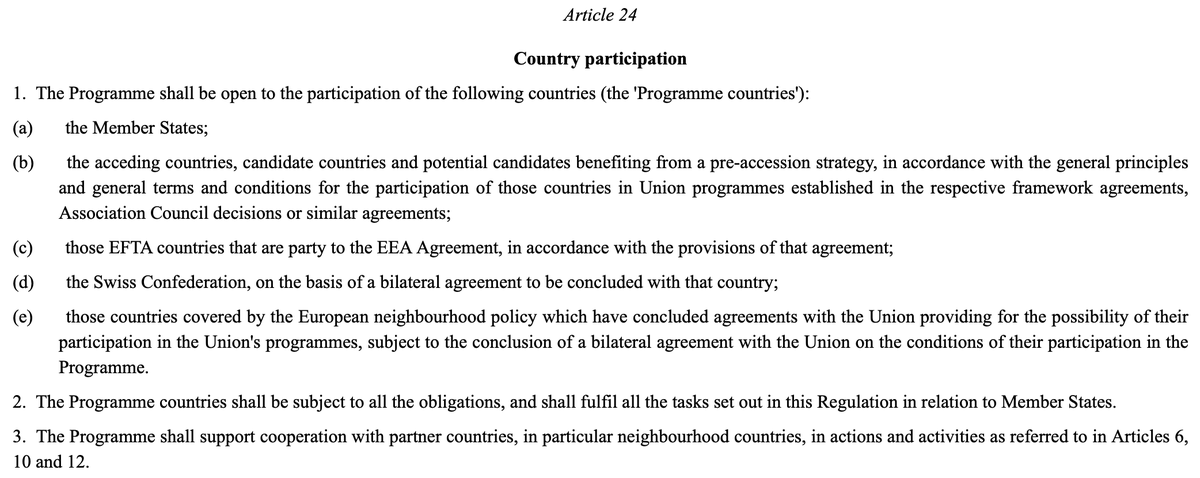This is not a surprise when an official policy of a 'hostil environment' has been in place for 10 years. Short anecdote about the visuals to the outside world who may have little hands-on insight into this world: /1 theguardian.com/politics/2020/…
A few weeks ago I walked past a UK Visa and Immigration 'Premium Service Centre'. Parked in front were three Police-style vans with 'Immigration Enforcement'. The vans seemed to have barred windows, and unclear whether they were supposed to transport people or police dogs. /2
So, those arriving for meetings/interviews - no matter how legitimate or lawful their status - is faced with a visual representation of a hostile environment. The message seems to be: 'we're going to assume you have no right to be here and treat you as if a criminal'. /3
And this is reflected in the process and the paperwork. Difficult to complain (who wants to rock the boat when in this system?) and many UK citizens will never have direct contact with it, and so be unaware. /4
Even if you think that this is all necessary and proportionate, consider the effect the hostile environment has across the board. If the UK is trying to attract the 'brightest and the best' what does this message send? /END
p.s. Better examples of how UK immigration works in practice are given by @stand_for_all @alexinlaw @ColinYeo1 @alexandrabulat and my Strathclyde colleague @cliodiaspora
*hostile environment
• • •
Missing some Tweet in this thread? You can try to
force a refresh





